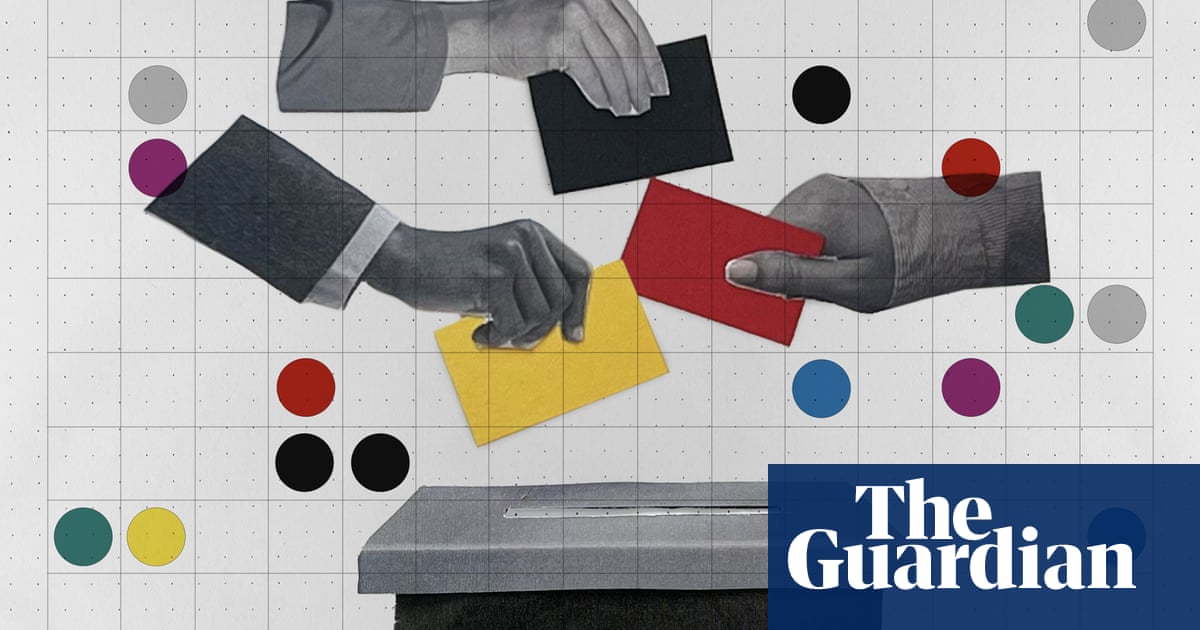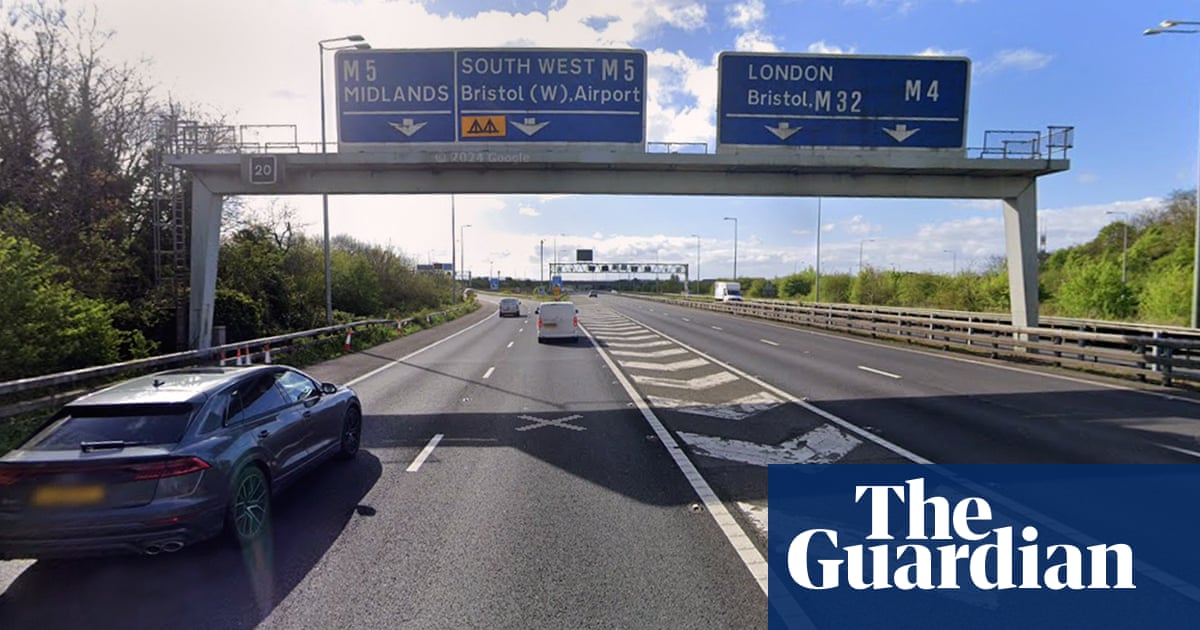“If we, Europeans, fail to spend big on defence now, we will be forced to spend 10 times more if we don’t prevent a wider war,” Tusk said on X.
Arriving in Paris, European Commission President Ursula von der Leyen struck a similar tone, writing on X that “we need an urgency mindset” and a “surge in defense” and “we need both of them now.”
Differing views
The informal meeting is gathering leaders from France, Poland, Germany, Italy, Spain, the U.K., the Netherlands and Denmark, as well as senior EU officials.
European NATO countries are now poring over a questionnaire from Washington that asks them to spell out what sort of security guarantees they are willing to provide Ukraine, including whether they will deploy ground troops to enforce a peace deal, what sort of spending they can commit, and what expectations they have of the U.S. to allow for such a deployment.

Trump has made clear that U.S. troops will not be part of any post-ceasefire force in Ukraine, and has also ruled out allowing Ukraine to join NATO — both key security requests from Kyiv to protect the country from another Russian invasion.
Although the leaders arriving in Paris are all strong supporters of Ukraine, there are divisions over how actively to participate in any military mission to the country.
Article by:Source:













